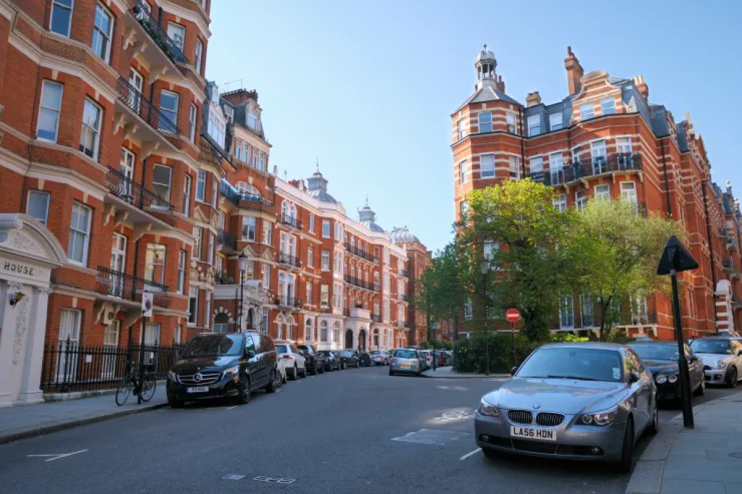London investors urged to shift assets as huge capital gains tax burden revealed

Investors from London and the Home Counties will be the hardest hit by April’s hike to capital gains tax and should consider moving their assets into tax efficient vehicles, a leading accountancy firm has warned.
Taxpayers in the capital are set to pay a combined £430m of additional capital gains tax (CGT) this year, accountants at UHY Hacker Young have estimated in data exclusively given to City AM, which represents 30 per cent of the additional receipts.
Meanwhile, those in counties surrounding London – including Buckinghamshire, Surrey and Hampshire – can expect to contribute an extra £306m.
Chancellor Rachel Reeves opted to raise both the basic and top rate of CGT her maiden Budget towards the end of last year. Basic rate payers – those with an annual income of £50,270 or less – can now expect to pay CGT at a rate of 18 per cent, up from 10 per cent.
Meanwhile those earning more will see their CGT rise from 20 per cent to 24 per cent respectively when it is introduced in April.
The tax grabs were condemned by Phil Kinzett-Evans, a partner at UHY Hacker Young, who warned they could quash growth and dampen liquidity.
“One of the problems with increasing capital gains tax is that it discourages investors from investing in UK growth companies that are listed on the stock market – exactly the kind of investment we need to see more of in the UK,” he said.
“It [also] forces investors to consider holding on to assets rather than liquidating them, locking up money that would otherwise fuel the economy at a time when economic activity is stalling.”
The study, was based on a series of Freedom of Information requests, found that Kensington and Chelsea residents will be worst affected by the rises, paying an additional £108m in CGT this year.
This was more than double the predicted receipts from the next highest council, which UHY Hacker Young predicts to be Westminster on £53m extra capital gains tax contributions.
The major uptick in CGT liability has led Kinzett-Evans to call on investors to consider moving some of their assets into tax efficient vehicles.
“Taxpayers who are investing for capital gains earnings should consider moving those shares into SIPPs [self-invested personal pensions] and ISAs [individual savings accounts] if they want to avoid heft bill increases as that will give them protection from tax on future capital gains,” he said.
